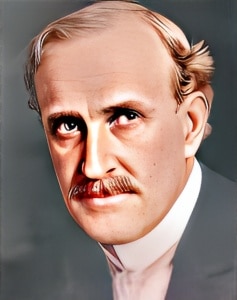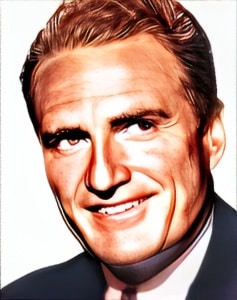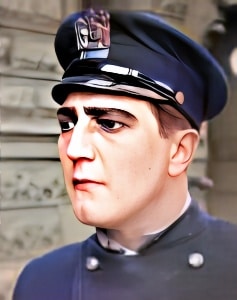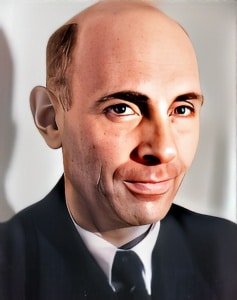 Theodore Roberts, born on October 8, 1861, in San Francisco, California, was an American stage and film actor who made significant contributions to the early years of American cinema.
Theodore Roberts, born on October 8, 1861, in San Francisco, California, was an American stage and film actor who made significant contributions to the early years of American cinema.
He was known for his commanding presence, versatile acting skills, and his prolific career, which spanned both the silent film era and the transition to sound cinema.
Roberts’ journey in the entertainment industry began on the stage, where he honed his acting skills. He became a respected theater actor, known for his compelling performances. His theatrical career allowed him to develop a strong foundation in acting, which he would later bring to the burgeoning film industry.
In 1911, Theodore Roberts made his film debut in “The Charge of the Light Brigade.” His move to the silent screen was a natural progression for actors in this era, as the film industry was quickly gaining popularity. Roberts brought his formidable stage presence and thespian skills to silent cinema, quickly establishing himself as a prominent actor.
One of Roberts’ early notable film appearances was in the 1915 silent epic “ The Birth of a Nation,” directed by D.W. Griffith. He portrayed Dr. Cameron in the film, which became one of the most controversial and influential films in the history of cinema. While the film has been widely criticized for its portrayal of African Americans, Theodore Roberts’ performance was lauded for its depth and complexity.
During the silent film era, Roberts continued to appear in a wide range of roles, often as authoritative figures or patriarchal characters. His ability to convey a wide spectrum of emotions made him a valuable asset to filmmakers.
The transition to sound cinema in the late 1920s posed challenges for many actors, but Theodore Roberts successfully adapted to the new medium. He continued to act in films, showcasing his versatility in sound productions.
One of his notable sound film roles was in the 1931 film “The Criminal Code,” directed by Howard Hawks. In this film, Roberts played the role of a tough but fair prison warden. His performance added depth to the character and contributed to the film’s success.
Throughout his career, Theodore Roberts’ dedication to his craft and his commitment to his roles earned him respect among his peers and film audiences. His powerful presence and deep voice made him an actor in high demand, and he worked with some of the leading directors and studios of his time.
Roberts’ career spanned the formative years of the American film industry. He contributed to the evolving representation of characters on screen and participated in shaping the early language of cinema. His work serves as a testament to the importance of talented actors in the early years of Hollywood.
Theodore Roberts passed away on December 14, 1928, in Hollywood, California. His legacy endures as a significant figure in the history of American cinema. His contributions to early Hollywood, both in silent and sound films, are remembered for their impact on the medium and their role in shaping the early film industry. Roberts’ enduring talent and powerful performances continue to be celebrated by those who appreciate the history of American cinema and the actors who helped shape it.
Loading live eBay listings...




